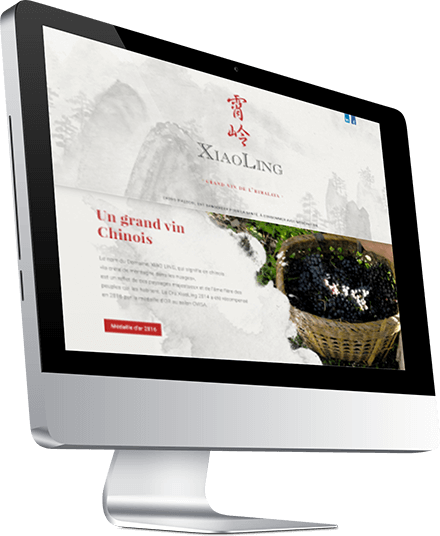The estate has chosen XiaoLing as its name, which in Mandarin means ‘cloudy peak of the mountains’, reflecting the majestic landscape and the soul of this wonderful region’s proud inhabitants. The 2014 'cru' of XiaoLing, first vintage of the estate, has been rewarded with a gold medal at 2016 CWSA competition.
Gold medal 2016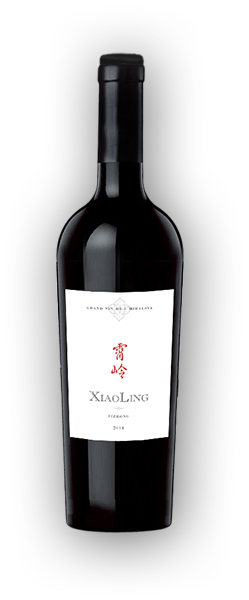

The estate is implanted in the complex and steep geography of the Tibetan Marches in Yunnan. It is located in the vicinity of the Kawa Kharpo, a glittering mountain range that rises to almost 7000m, holy peakds for Tibetan Buddhism and a natural border with Tibet.
Our aim is to express with elegance what the nature and work of the people of these remote villages give so generously.
Localisation
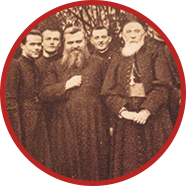
In 1846, French missionaries reached the gates of Tibet, responding to Pope Gregory XVI's call to spread the Faith to the ‘Kingdom of the Snows’. There, they founded missions at Cizhong, Cigu and Badong, three villages on the Upper Mekong’s West bank, where they planted the first vines.
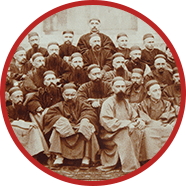
In 1952, after a tumultuous hundred years, the last missionaries were forced out of China. They left their missions and their vineyards to their Tibetan followers.
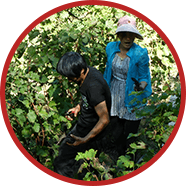
Starting in the 1990s, the local authorities encouraged the planting of vines along the Mekong and Yang-Tse-Kiang.
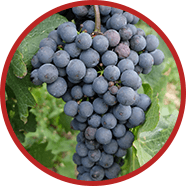
The hillsides of the Upper Mekong are considered by experts to be one of the most promising terroirs in the whole of China, thanks to its climate and geology, both favorable to the production of fine wines.

The first vintages of XiaoLing 2014 was unveiled in 2017.
The estate works with grapes supplied by our Tibetan winegrowing partners.
Our objective is to help move Tibetan viticulture towards more precision, to obtain wines that best express the magical potential of these Alti-Mekongese terroirs.
To achieve this goal, we plan to establish long-term partnerships with local winegrowers based on a "quality charter" to be implemented in 2017.
Press book